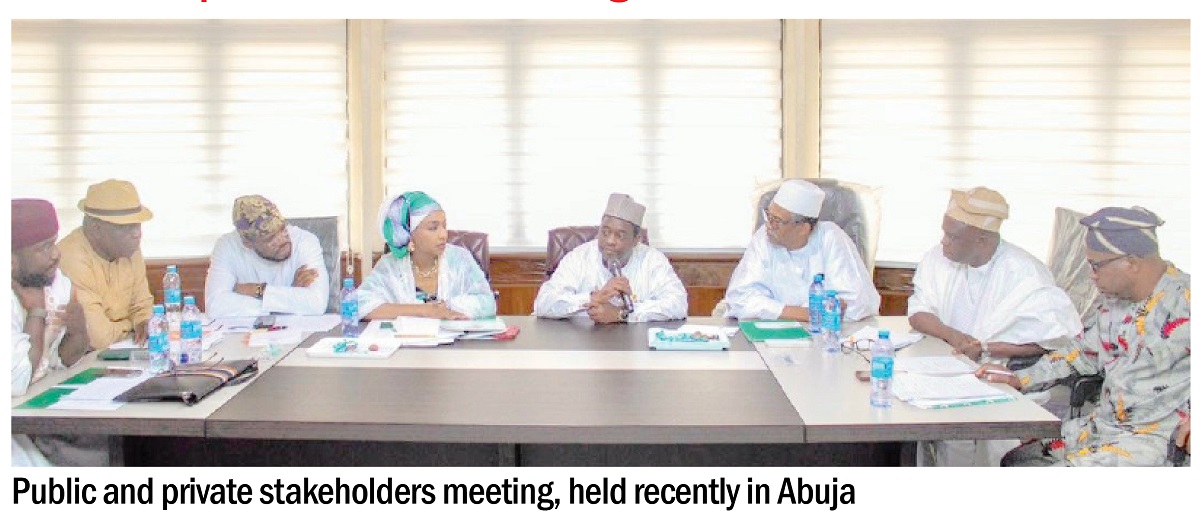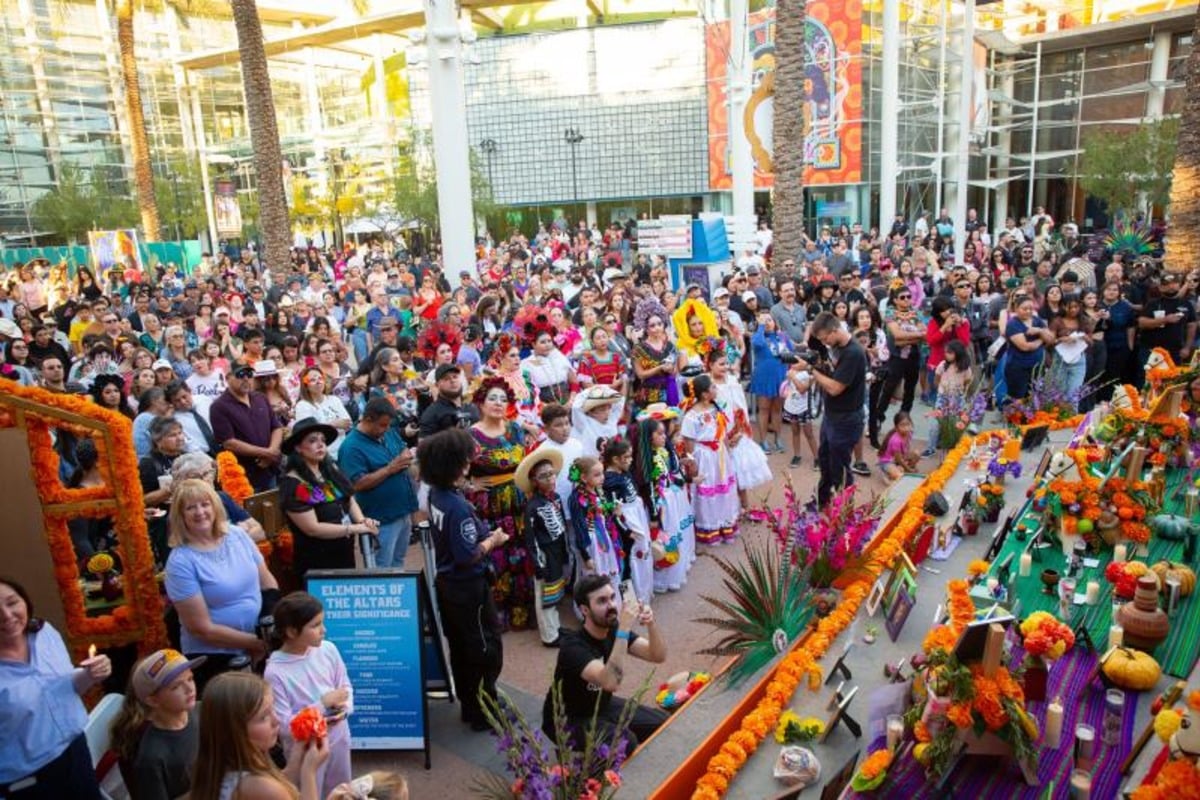
Let me start off by saying: I love Damon Dash. Or at least, I used to.
I’m an elder millennial who grew up in New York in the 90s, and Roc-A-Fella was the blueprint (no Jay-Z pun intended). They were cool, they had swag, they preached ownership before ownership was trending on TikTok and Instragram.
So before I dive in, just know that this is less of a piece on the downfall of a hip hop legend, and moreso reflecting on the legacy of someone who once embodied possibility for those who came up on the streets (editor’s note: I am not from the streets, but I’m just saying). He was someone who taught a generation to talk back in the boardroom, to demand equity, to never settle for being just talent when you could be the CEO. And now, watching him sit in bankruptcy court filings and go head-to-head with Charlamagne on The Breakfast Club feels less like entertainment and more like a cautionary tale about what happens when the image is loud but the foundation is shaky.
Dame Dash used to be the guy who represented a certain kind of energy in hip hop. Now I’m not saying he wasn’t a little rough around the edges. Jay-Z, seemingly more of the brains of the operation (and also more polished, more charming), and Dame, well, he was the braun. He did the hard stuff that probably no one else did (or wanted to do). He was the hustler turned mogul who helped build Roc-A-Fella Records with Jay-Z and Kareem “Biggs” Burke, which would become a label that became the blueprint for what it looked like to run a business and a brand from inside the culture. He was always the loudest in the room, unapologetically flashy, and obsessed with letting everyone know he was the boss. But we loved it. Like Puff, he was allllllllllll in the videos, but that was just the culture back then, so you couldn’t even be mad at it.
But like they say: never meet your heroes. And though I’ve never formally met Dame Dash, watching all of the internet hooplah play out this week just shows that time has a way of revealing all. This exposed the difference between the image and the infrastructure, and the headlines around Dash this week made that gap impossible to ignore.
But let’s backtrack. Even before his appearance on The Breakfast Club this week, earlier this month, Dash filed for Chapter 7 bankruptcy in Florida, claiming more than $25 million in debt while listing just $4,350 in assets. According to court filings reviewed by People, the assets break down to $100 in cash, a $500 cell phone, some clothes, two handguns, and not much else. The bulk of what he owes is to the government, with nearly $19.1 million in unpaid taxes, plus hundreds of thousands in domestic support obligations to ex-partners including Rachel Roy and Cindy Morales. The filings also note that his share of Roc-A-Fella Records was auctioned off by New York State to cover past debts, which a particularly sharp blow for someone who built his reputation on the idea of ownership and legacy. None of this was a surprise, however. Dame Dash has been in the news for years, riddled by allegations of debt, lawsuits, and even unpaid taxes that allegedly resulted in his daughter getting evicted from her New York City apartment. Again, I’ll say, all alleged.
So now here we are weeks later, against that backdrop, Dash’s interview felt less like an interview and more like a live unraveling where the clips are replayed over and over for us all to unpack (some critically, and others to ridicule). Because what should have been a chance to clarify his current business moves or offer some perspective on his legacy spiraled into name-calling, interruptions, and accusations. At one point, he told Charlamagne tha God, “You’re not a proper representation of the masculine Black man,” before challenging his credibility and even threatening to get physical. When pressed about his role at Revolt TV, Dash doubled down on claims that he was serving as chairman, a title that the CEO at the network has since disputed. After the interview, he went on Instagram warning Charlamagne not to cite “phony sources without real names” and insisting he had proof for all of his claims that would “stand up in any court.”
The whole spectacle was hard to watch, not just because it was messy, but because it exposed something deeper. Dash is still fighting for control, but it seems less about companies and contracts now and more about narrative. Even despite all of the allegations against him, he isn’t trying to make things right with any of those people. Instead, it’s gaslighting, placing blame and spinning fallacies, which I actually believe he believes he things he says out of his mouth.
I agree with Charlamagne tha God, when he said Dash cares only about what people think of him. The insistence on being the mogul, on projecting strength and dominance, feels louder than ever precisely as the facts tell a different story. It is a collision of ego, money, masculinity, and legacy, and it raises the uncomfortable question of what it costs to keep performing power when the structures underneath have collapsed.
I went back and replayed “Lost One” by Jay-Z today because Charlamagne also made another point to Dash when he said “you knew Jay” (and not in the present tense the way he made it seem. It made me reflect on the lyric when he said, “I heard motherf**ers sayin’ they made Hov / Made Hov say, ‘Okay, so, make another Hov.’”
Because the truth is, Dame had a hand in making Hov. He was the one kicking down doors, putting pressure on labels, making sure Roc-A-Fella was more than just another rap outfit. We absolutely can’t deny any of that. He set a tone that demanded people take them seriously. But he also couldn’t make another Hov. That magic wasn’t transferable, and once the split happened, Jay kept building while Dame kept trying to prove he still belonged in those rooms.
In fairness, Dash has always framed his struggles as part of a bigger philosophy. When asked recently about being broke, he said, “Investing in my dreams. When you’re investing in your dreams and you dream big, you’re always gonna be broke.” It is an answer that speaks to his ambition but also to a blind spot. Dreams require infrastructure. They require accountants, lawyers, contracts, tax plans. And when those pieces don’t keep up, the dream collapses under the weight of reality.
There is also the layer of identity. In hip hop, in business, and especially in the public imagination, Black masculinity is often tied to dominance, financial control, and an unwillingness to show vulnerability. For Dash, admitting defeat would feel like a betrayal of the brand he built. But in reality, it might be the only way forward. Bankruptcy itself is designed as a reset, a chance to rebuild. But that only works if there’s honesty about what went wrong and humility in how to correct it. Right now, it doesn’t look like Dash is ready to have that conversation.
For the generation of Black entrepreneurs who once saw Dash as a model, the lesson you need to take from this is: success isn’t just about being loud, it’s about being prepared, being sustainable, and being able to pivot when the spotlight fades.
Whether Dame Dash finds redemption is still unclear. He insists he has proof, that he will fight, that he’s still a mogul. But proof doesn’t pay the IRS. Fighting doesn’t make debt disappear. And moguldom, at least the way Dash defined it, demands more than nostalgia for the Roc-A-Fella glory days. It requires evolution. Maybe his greatest battle is not with creditors, critics, or Charlamagne, but with himself.
And if we’re going by Dame’s rules, I can’t call myself a boss either (though, that’s not something I’m running around titling myself as anyway). Because in his world, you’re not a boss if you have a boss. I do. I collect a check from an employer every two weeks (a pretty great employer, I might add). The difference is, I’m not ashamed to admit it. Maybe that’s the lesson here: sometimes the real power isn’t in pretending to be the boss, but in having the security, humility, and clarity to own where you are without the performance.



